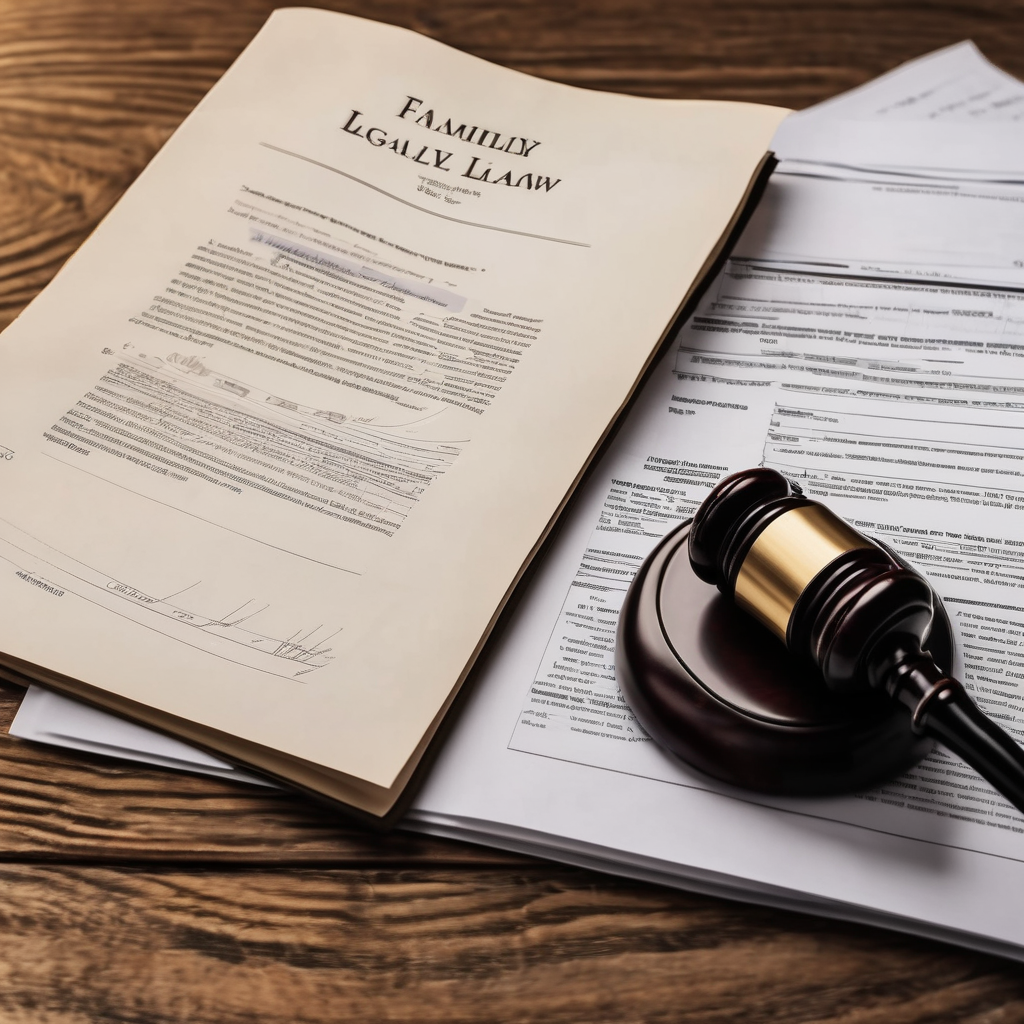As artificial intelligence becomes increasingly integrated into daily life, the potential for AI to influence human relationships is a growing concern, particularly in the context of marriage and divorce. Rebecca Palmer, a divorce attorney, highlights that while she may not possess psychic abilities, she can foresee the challenges posed by AI-driven romances for couples facing emotional disconnection.
The rise of chatbots, designed to provide emotional support without the complexities that often accompany human relationships, is proving to be both alluring and problematic. Married individuals with unmet emotional needs may find themselves vulnerable to these AI interactions, which Palmer notes can exacerbate existing marital issues. Stories shared on platforms like Reddit illustrate the troubling impact, including one account of a woman who ended her 14-year marriage after discovering her husband’s deep emotional investment in a chatbot portrayed as a “sexy Latina baby girl,” alongside significant financial expenditure on the AI.
A report from WIRED earlier this year detailed the experiences of individuals such as Eva, a 46-year-old writer from New York, who ended a long-term human relationship because of her attachment to her AI companions. Eva’s situation underscores how deeply entwined these digital relationships can become, leading to feelings of infidelity.
As AI becomes an increasingly accepted part of human interactions, a seismic shift in family law is emerging: an AI affair may now be considered valid grounds for divorce. According to the Institute for Family Studies, an increasing number of singles view AI relationships as equivalent to human ones, with recent surveys indicating that 60% of respondents believe these ties constitute a form of cheating.
Palmer indicates that legal frameworks are evolving to recognize the implications of AI on marital dynamics. While the law is still catching up, there is a growing acknowledgment of emotional ties to AI companions and their potential to contribute to marital discord. Some legal experts anticipate the possibility of AI being categorized as a “third party” in divorce proceedings, especially in more progressive jurisdictions like California. However, the notion of recognizing AI as a legal person remains a distant reality, with discussions on AI personhood continuing to be a topic of debate.
As society grapples with these new realities, the recognition of AI’s role in relationships could lead to important conversations about emotional well-being and the nature of human connections. The emerging landscape prompts a reflective consideration of how technology shapes our interpersonal experiences, highlighting the need for ongoing dialogue as legal and societal norms adapt to this new frontier of relationships.
